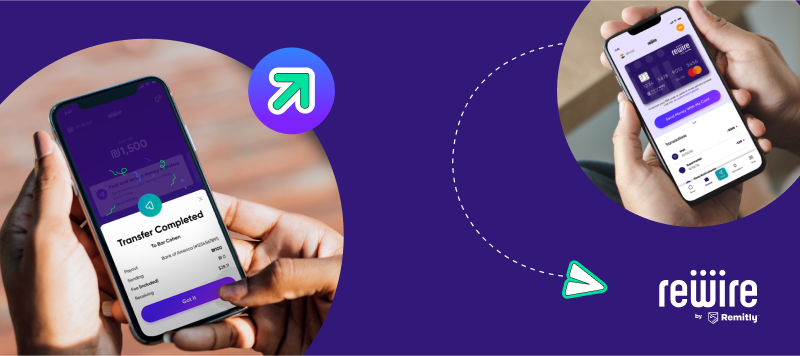Adjusting to Holiday Schedules: What Caregivers Need to Know During Rosh Hashanah and Yom Kippur
iSavta | 20.09.2025

Living and working in Israel means that Jewish holidays will often affect your daily routine. For migrant caregivers, it’s important to understand how these holidays may change not only your employer’s schedule but also public services like transportation, shops, and clinics. Being prepared will help you avoid stress and feel more comfortable during this time.
Two of the most important holidays are Rosh Hashanah (the Jewish New Year) and Yom Kippur (the Day of Atonement). They usually fall in September or October and are very meaningful for Jewish families. Below is a guide to help you adjust during these holidays.
Rosh Hashanah – The Jewish New Year
Rosh Hashanah is a joyful holiday that celebrates the start of a new year. Families come together for festive meals, prayers, and traditions. It usually lasts for two days, but preparations begin earlier.
What you may notice during Rosh Hashanah:
-
Busy Homes: Your employer’s house might be full of relatives, children, and grandchildren. This means more cooking, more cleaning, and more activity than usual. Some caregivers are asked to help with food preparation or setting the table, while others may simply need to adjust to the crowded environment.
-
Special Foods: Traditional dishes include apples dipped in honey (to symbolize a sweet year), pomegranates, and round challah bread. You may be offered to taste these foods or even join the family meal.
-
Shops and Services: Grocery stores, banks, and offices close early before the holiday and remain closed throughout. Plan ahead by buying personal groceries, recharging your phone, or withdrawing money in advance.
-
Public Transport: Buses and trains stop working during the holiday, similar to Shabbat. If you need to travel, make sure to do so before the holiday begins.
Yom Kippur – The Day of Atonement
Yom Kippur is considered the holiest day in the Jewish calendar. Unlike the festive mood of Rosh Hashanah, Yom Kippur is a very serious and quiet day. It is a day of fasting, prayer, and reflection. From sunset to the following evening, many Jewish people do not eat, drink, drive, or work.
What you may notice during Yom Kippur:
-
Fasting: Your employer and their family may be fasting for about 25 hours. This means no food or water during that time. As a caregiver, it’s important to be sensitive. If you need to eat, do so quietly and respectfully. You may also want to prepare your meals ahead of time to avoid disturbing them.
-
Quiet Atmosphere: In observant homes, televisions, radios, and music are usually turned off. The whole environment feels calm and serious. The streets are empty of cars, and instead, you will see children riding bicycles freely outside. It’s a very unique sight in Israel.
-
Employer’s Health Needs: Some elderly or sick employers may not be able to fast fully. They might still need food, water, or medication. You should be ready to provide extra care, watch them closely, and ensure they are safe during the fast.
Tips for Caregivers During the Holidays
-
Ask in Advance: Every family celebrates differently. Ask your employer what they expect from you during the holidays so you can prepare.
-
Prepare Your Needs: Buy groceries, recharge your phone, and withdraw money before the holidays, since everything will close.
-
Respect the Traditions: Even if you don’t celebrate these holidays yourself, showing respect for your employer’s customs will make your relationship stronger.
-
Stay Connected: If you feel homesick, schedule calls with your family and friends back home before the holidays begin. This will help you feel less lonely.
-
Take Care of Yourself: The holidays can be stressful with extra work or changes in schedule. Make sure to rest when you can and keep yourself healthy.
Final Thoughts
Rosh Hashanah and Yom Kippur are special times in Israel. For caregivers, they bring changes in routine that may feel challenging at first, but with a little preparation and understanding, you can handle them smoothly. Remember that being respectful and flexible will help your employer’s family appreciate you even more.
These holidays are also a chance to pause and reflect on your own journey. Just as the Jewish people use this time for new beginnings, you too can use it to think about your goals and what you want for yourself in the coming year.
By preparing early, respecting traditions, and caring for yourself, you can navigate the holiday season with confidence and peace of mind.
Read more about All About Israel

All About Israel










